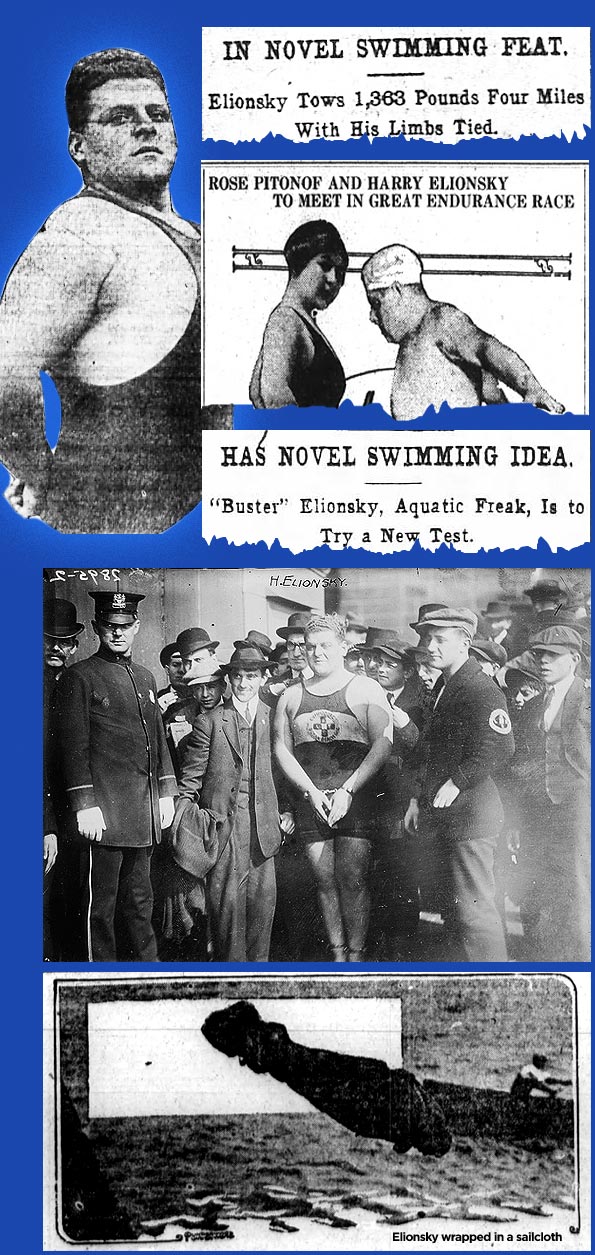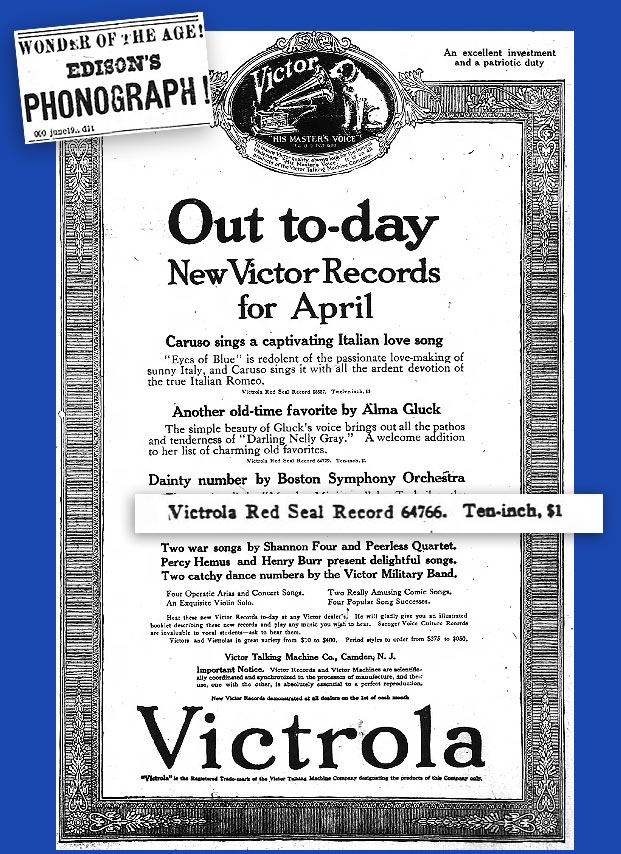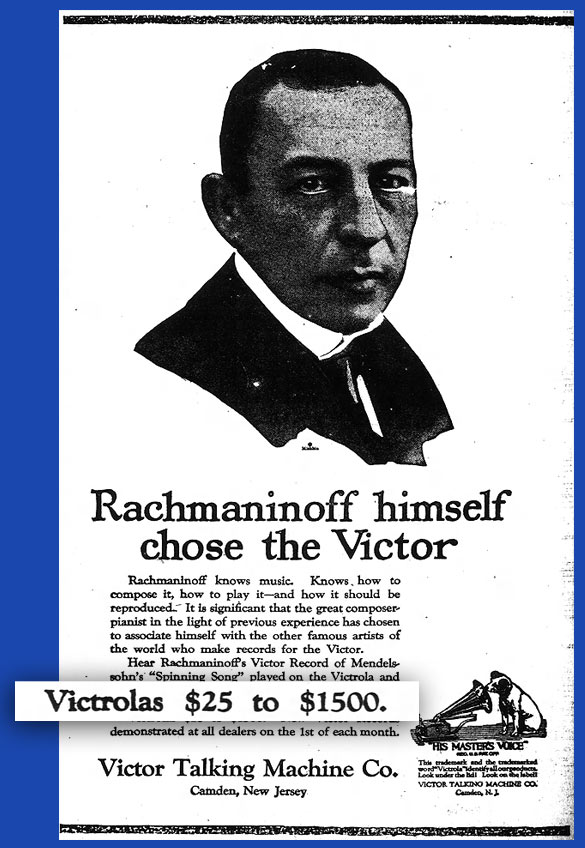 Today Footnote.com and Lowcountry Africana announced the launch of a new collection of historical records from the South Carolina Department of Archives and History containing estate inventories and bills of sale for Colonial and Charleston South Carolina from 1732 to 1872. FamilySearch International donated the copies of the microfilm of the original historical documents.
Today Footnote.com and Lowcountry Africana announced the launch of a new collection of historical records from the South Carolina Department of Archives and History containing estate inventories and bills of sale for Colonial and Charleston South Carolina from 1732 to 1872. FamilySearch International donated the copies of the microfilm of the original historical documents.
Charleston’s role as a port of entry during the Atlantic Slave Trade means many thousands of African Americans may have ancestors who came from, or through, South Carolina. This new collection on Footnote.com will assist African American genealogy research by forming, in many cases, a seamless paper trail from Emancipation to the 1700s.
“Research about African American history and genealogy has often been especially difficult because of limited access to primary source material. Footnote.com is spearheading a revolution in access to the black past by digitizing major portions of the black archive, and making these records available on the Internet. The publication of these records from South Carolina in the eighteenth and nineteenth centuries is the latest example of their bold commitment to resurrecting the African American past.”
—Henry Louis Gates Jr., Director of the W. E. B. Du Bois Institute for African and African American Research.
Visitors to Footnote.com can enhance these records from the South Carolina archives through various activities including:
- Creating and sharing web pages about the documents and their discoveries
- Adding their own insights and comments to the documents
- Uploading and connecting their own photos, letters and documents
- Annotating information on the documents, which creates a searchable database
“We are excited that Footnote has joined this collaboration because they offer family historians the ability to turn public records into personal history,” said Toni Carrier, Founding Director of Lowcountry Africana. “Nowhere else on the Internet can readers interact with historical records in such a meaningful way.”
“South Carolina has one of the richest sets of early government records of social and cultural history,” said Charles Lesser, Senior Archivist at the South Carolina Department of Archives and History. “This new cooperative effort will revolutionize access to an especially important segment of those records.”
Lowcountry Africana has established an online volunteer program to create the searchable index for this collection. To learn more about this volunteer program or to sign up to be a volunteer, visit the Lowcountry Africana site.
View these South Carolina records:





 Today
Today